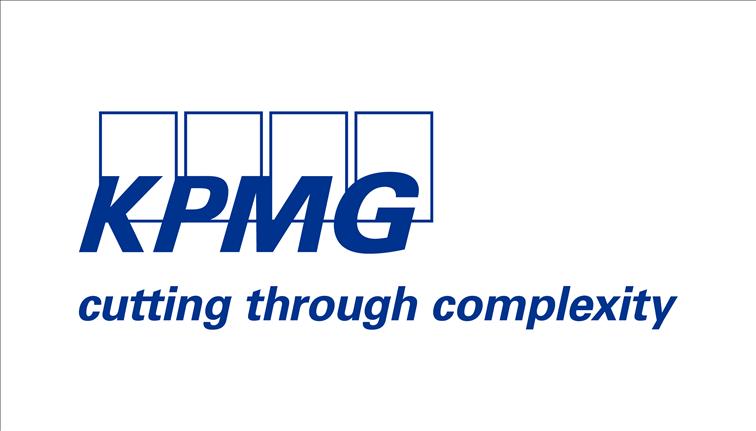The Budget stays the course set in previous Budgets. While the Government’s priorities remain unchanged, it is using its Building Growth Agenda as a framework for building a more competitive economy and its result areas as a framework for Public Sector spending.
The Government continues to focus on spending, which it considers will achieve better results. The spending however remains constrained.
If your business is R&D heavy, in the tourism sector, or working in residential or commercial construction in Auckland or Christchurch, there is some good news in this Budget. For other business, a reduction in ACC levies is the only material change.
This is particularly noticeable for the export sector which sees little direct attention in the Budget.
Notable shifts
This Budget is notable for its shift into social areas, on alleviating poverty, social housing and education, which have been priorities for Labour and the Greens.
It therefore remains a political document with an eye on next year’s election.
It reinforces that, even as new money starts becoming available, this is a Government that does not believe in interventionist initiatives as most of the shifts are regulatory in nature. This is in increasingly stark contrast to the emerging policy positions of the major Opposition parties.
Tax measures
The effect of tax reforms announced in 2010 is seen in the projections for increasing tax revenue over the four year forecast period, 5% annual growth or $14.5 billion over the period. This contributes to a surplus in 2014, rising to $2.6 billion in 2016.
At the time of the 2010 tax reforms, the increase in the GST rate provided little increased revenue as it was offset by other measures.
However, the rationale for the shift, from personal income tax to GST, is now clearer. The Government captures an additional 2.5% GST automatically as economic activity (particularly the Christchurch rebuild) increases.
ACC levies
The tax surprise is the announcement of a $300 million reduction in ACC levies from April 1, 2014. The reduction will increase to $1 billion in subsequent years.
The detail of this change will be known when the new ACC levies are set later in the year. However, the reduction is expected to flow to businesses (employers) and households (employees and vehicle owners).
Major news
The Government will proceed with proposals to extend the thin capitalisation rules to holdings in New Zealand business by multiple non-residents and to exclude shareholder debt from safe harbour calculations. Other related proposals are still being considered.
The thin capitalisation announcements are the only Budget comment on the international debate on how non-residents should be taxed. This contrasts with the Australian Budget, earlier this week, where a number of measures were tied to companies paying their ‘fair share of tax.’
This is in part due to New Zealand having already moved in some areas and, with the current tax projections, having a lesser need to dramatically increase revenue.
Disappointing areas
The specific announcements are disappointing. They indicate a piecemeal approach to the perceived problems with the thin capitalisation rules.
A more principled approach is required. It is likely that the amended regime will be compliance costly and less likely to achieve its objective.
Small start-up companies which generate tax losses from R&D expenditure will be provided a refund. The Budget announcement provides very little further detail including the conditions for being able to claim the refund and constraints on qualifying expenditure.
Helping new ventures
Start-up businesses are generally cash poor. Providing a way for those businesses to cash up their tax losses is a positive measure. This will be particularly helpful as start-up businesses generally need to source additional capital.
This means their early tax losses cannot be used as the company will lose shareholder continuity. With this proposal, the Government, which takes its share of the upside when those businesses are successful, is saying that it is prepared to share in the downside.
Black hole expenses
Business costs are not always deductible or depreciable (namely, ‘black hole’ expenditure).The Government has announced that a targeted list of black hole expenses will be deductible or depreciable from 2014-2015:
This proposal is a useful tidy-up, providing compliance savings. However, it may not result in lower tax payments as much of this expenditure may have already been deducted.
It is disappointing that the Government has not introduced a general provision, similar to the Australian rules, which allow black hole costs can be claimed over time.

Absent factors
We assessed a change in the tax mix as a low probability, which is evident in the Budget. The key question is what tax measures, if any, should be used to encourage savings?
There are no specific measures in Budget 2013. There are no changes to tax rates on investment income and no changes to KiwiSaver, including the Government’s 2014-2015 auto-enrolment proposal previously deferred.
KPMG Tax Partners Paul Dunne, John Cantin (Auckland & Wellington) and Adrian Wimmers, Partner Advisory (Wellington) wrote the above Commentary. KPMG is the Sponsor of the Business Excellence in ICT Category of the Indian Newslink Indian Business Awards 2013
Photo :
Finance Minister Bill English poses for photographs before presenting his Budget to Parliament on May 16, 2013






